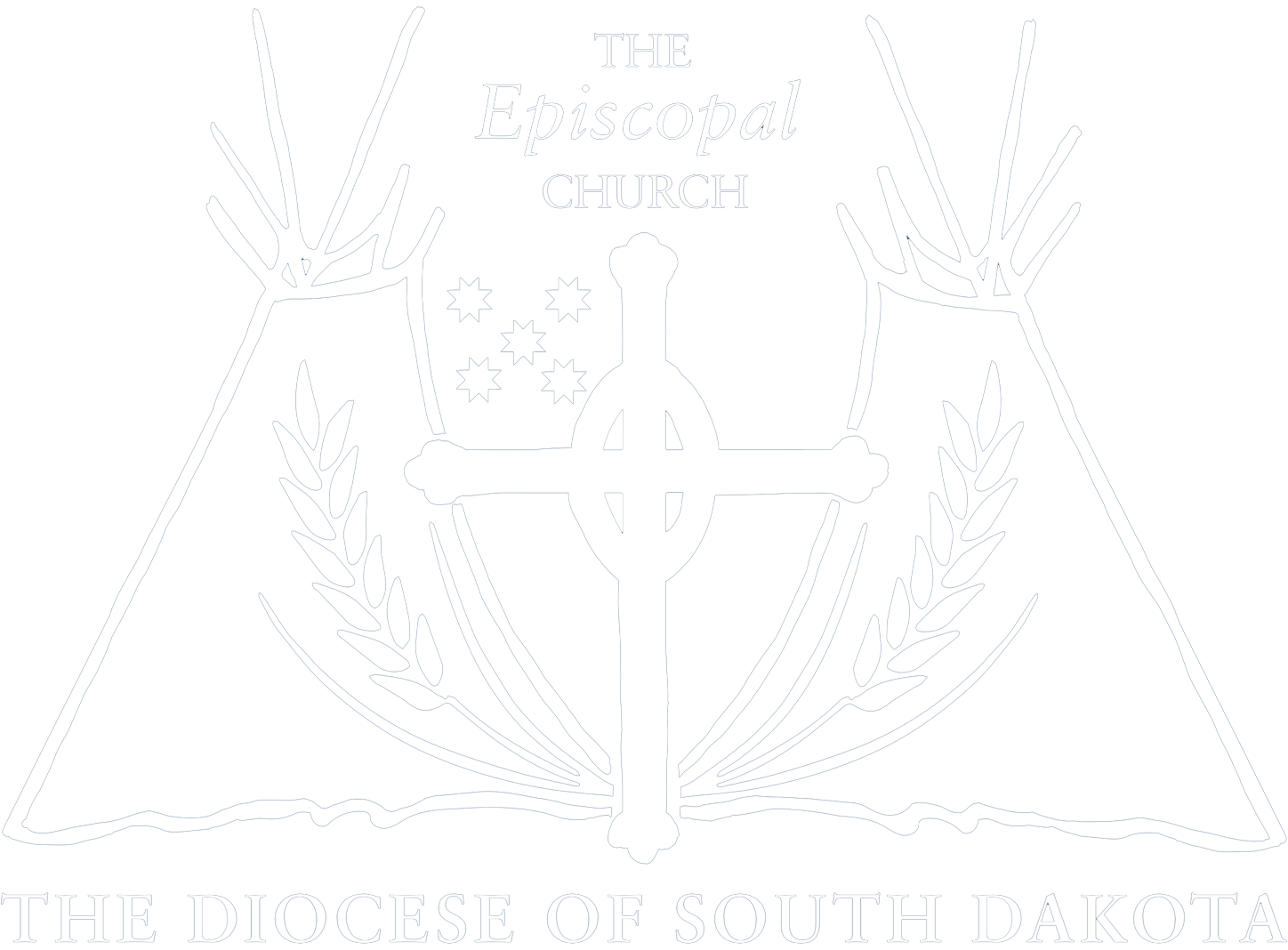[David Paulsen of Episcopal News Service] Washington National Cathedral, the Episcopal cathedral in the United States capital, is preparing to host the Jan. 9 state funeral of former President Jimmy Carter, who died Dec. 29 at age 100.
The funeral will be held at 10 a.m. Eastern Jan. 9, and it will be livestreamed on the cathedral’s YouTube channel.
Former President Jimmy Carter died on Dec. 29, 2024, at age 100. He was the oldest living U.S. president ever. Photo: Mark Reinstein/MediaPunch/IPx per AP
National Cathedral, the seat of both The Episcopal Church’s presiding bishop and the bishop of the Diocese of Washington, has been chosen for several past presidential funerals, including services for Dwight D. Eisenhower, Ronald Reagan, Gerald Ford and George H.W. Bush. Carter’s funeral is expected to be attended by former presidents, as well as numerous military and congressional leaders, though an official list of invitees has not been released.
The 39th president served one term, from 1977-1981, and went on to work for peace and human rights. In 2002, Carter was awarded the Nobel Peace Prize “for his decades of untiring effort to find peaceful solutions to international conflicts,” most notably in the Middle East.
Presiding Bishop Sean Rowe, in a message issued after Carter’s death, called him “a devoted peacemaker and steadfast public servant whose faithful labor for his country, his church and the cause of global democracy and human rights has long been an inspiration to Christians across the world.”
“May we follow his example of Christian service, and may his soul and the souls of all the departed, through the mercy of God, rest in peace,” Rowe said.
Carter, a Democrat, was born on Oct. 1, 1924, in Plains, Georgia. He was a peanut farmer and a U.S. Navy veteran and served as the governor of Georgia from 1971-75 before being elected president. He and his wife Rosalynn, who died in November 2023, had four children.
Carter was active all his life in the Baptist church, and he even continued teaching a Sunday school class while serving as president.
Washington National Cathedral in the United States’ capital will host and livestream the state funeral of former President Jimmy Carter at 10 a.m. Eastern Jan. 9.
“President Carter exemplified a life of public service rooted in personal faith,” National Cathedral Dean Randy Hollerith and Washington Bishop Mariann Budde said in a joint statement after Carter’s death. “Whether teaching Sunday School, or building houses for the poor, or working through the Carter Center to eradicate diseases in Africa, President Carter exemplified what it means to translate faith into action.”
In the years after they left the White House, the Carters also became known as supporters, spokespeople and prominent volunteers for the home-building charity Habitat for Humanity. The Carters were “tireless advocates, active fundraisers and some of our best hands-on construction volunteers,” according to Habitat for Humanity, which counted at least 4,447 homes in more than 14 countries that the Carters helped build, renovate or repair.
In 1987, Christ Church and other churches in Charlotte, North Carolina, hosted Carter for a week on what was one of the former president’s first annual Habitat for Humanity trips. The Rt. Rev. Henry Parsley, who was Christ Church’s rector at the time, recalled being amazed as much by Carter’s skill with a pocketknife as with his joy at hammering nails.
“He believed in what he was doing with Habitat,” Parsley said in a March 2023 interview with Episcopal News Service after Carter began receiving hospice care at his home in Georgia. “He also could carve a peach with his pocketknife faster than any human being I’ve ever seen.”
Carter was more than a spokesman for Habitat. He got involved in these projects in meaningful and personal ways, Parsley said. “The president worked on houses every day, had lunch with us under a tent, and the Carters both had dinner with us, every night at a different church.” Christ Church hosted one of those dinners, serving fried chicken, and “we just had a high old time.”
President Joe Biden has announced that Jan. 9 will be a national day of mourning, with federal agencies closed and federal employees given the day off work in observance of Carter’s death. American flags are being flown at half-staff at the White House and at all public buildings and grounds for the month.
“President Carter was a man of character, courage, and compassion, whose lifetime of service defined him as one of the most influential statesmen in our history,” Biden said in a Dec. 30 message to Congress on Carter’s death. “He embodied the very best of America: A humble servant of God and the people, a heroic champion of global peace and human rights and an honorable leader whose moral clarity and hopeful vision lifted our nation and changed our world.”
After the funeral, Carter is expected to be buried in his hometown, Plains, next to Rosalynn Carter.
– David Paulsen is a senior reporter and editor for Episcopal News Service based in Wisconsin. He can be reached at dpaulsen@episcopalchurch.org.

